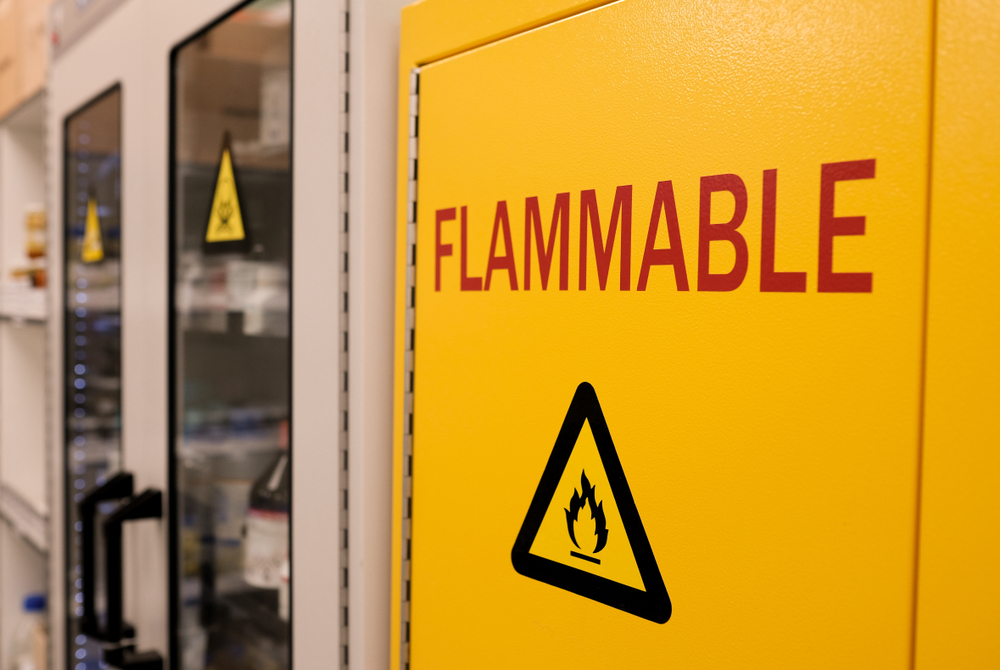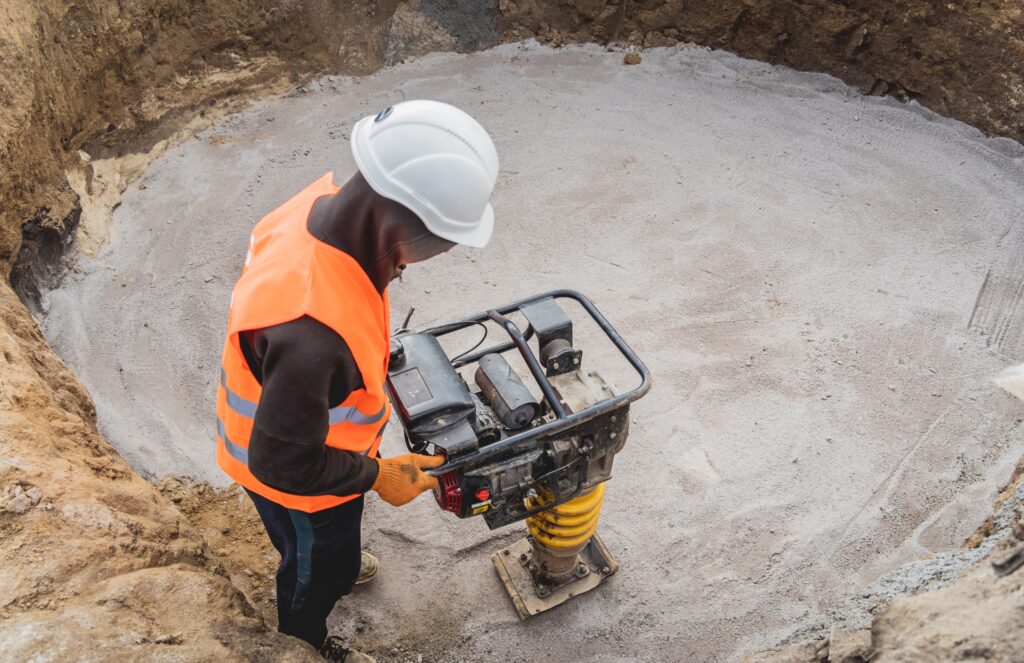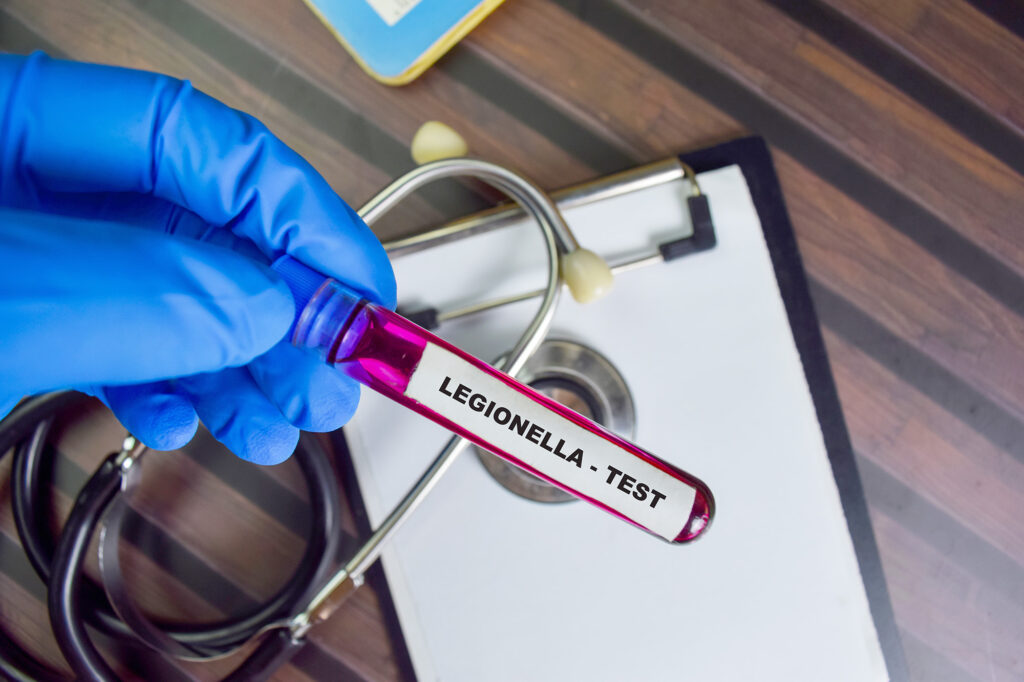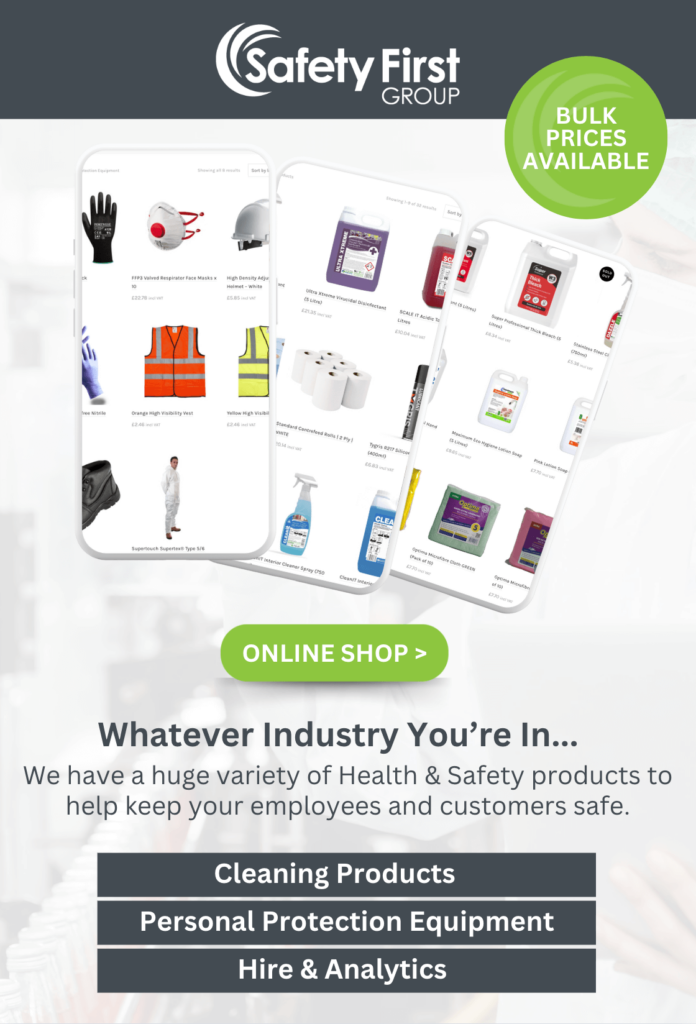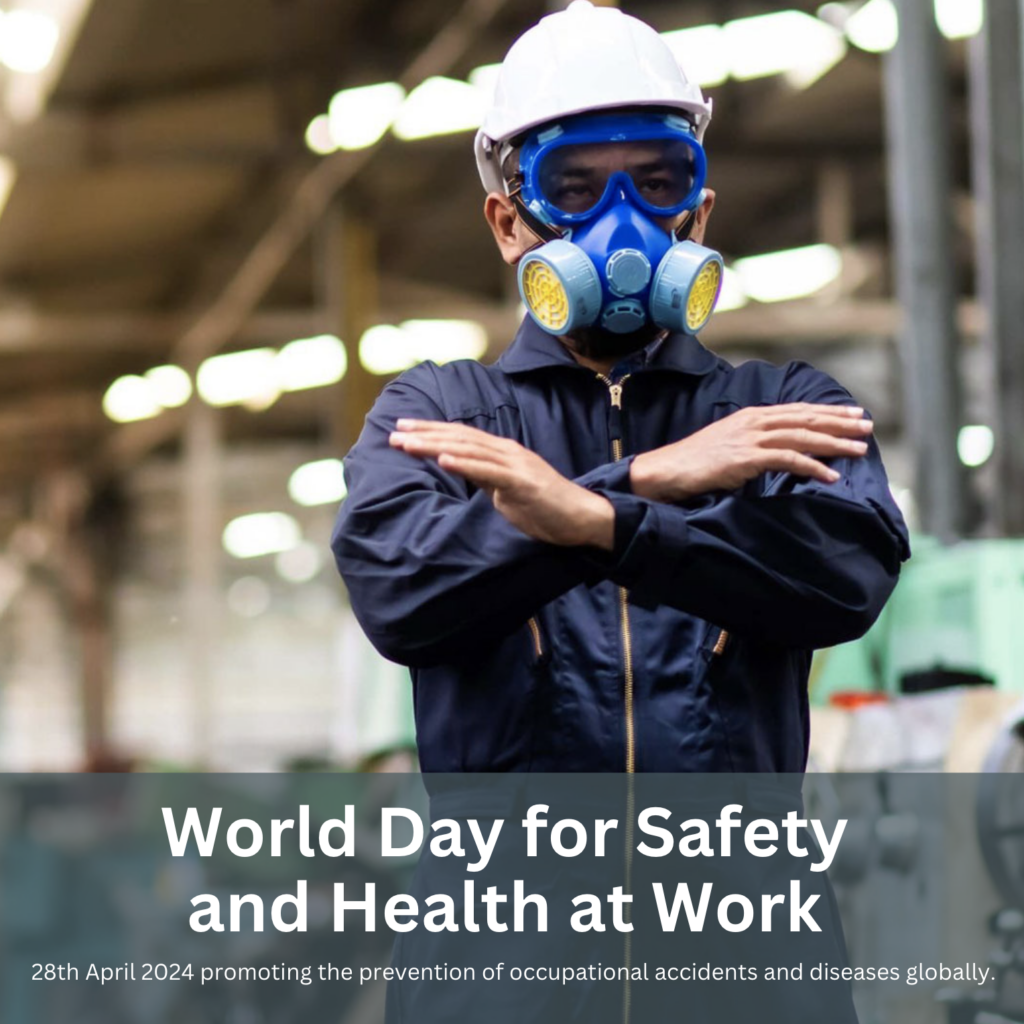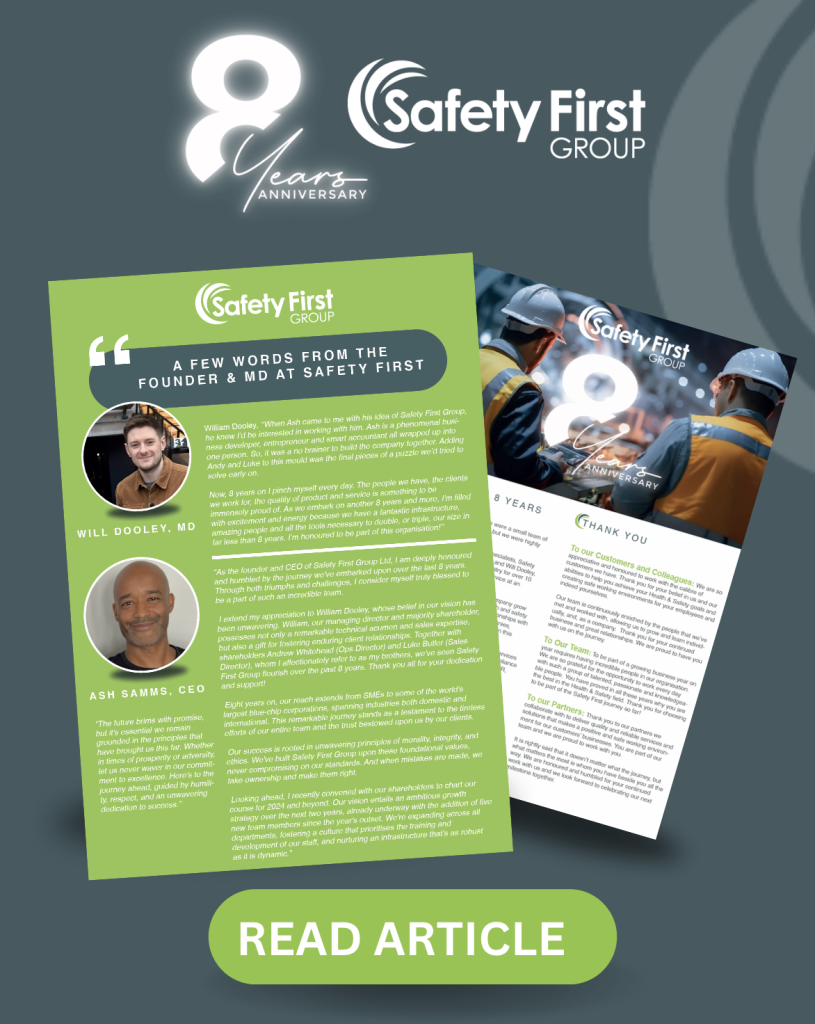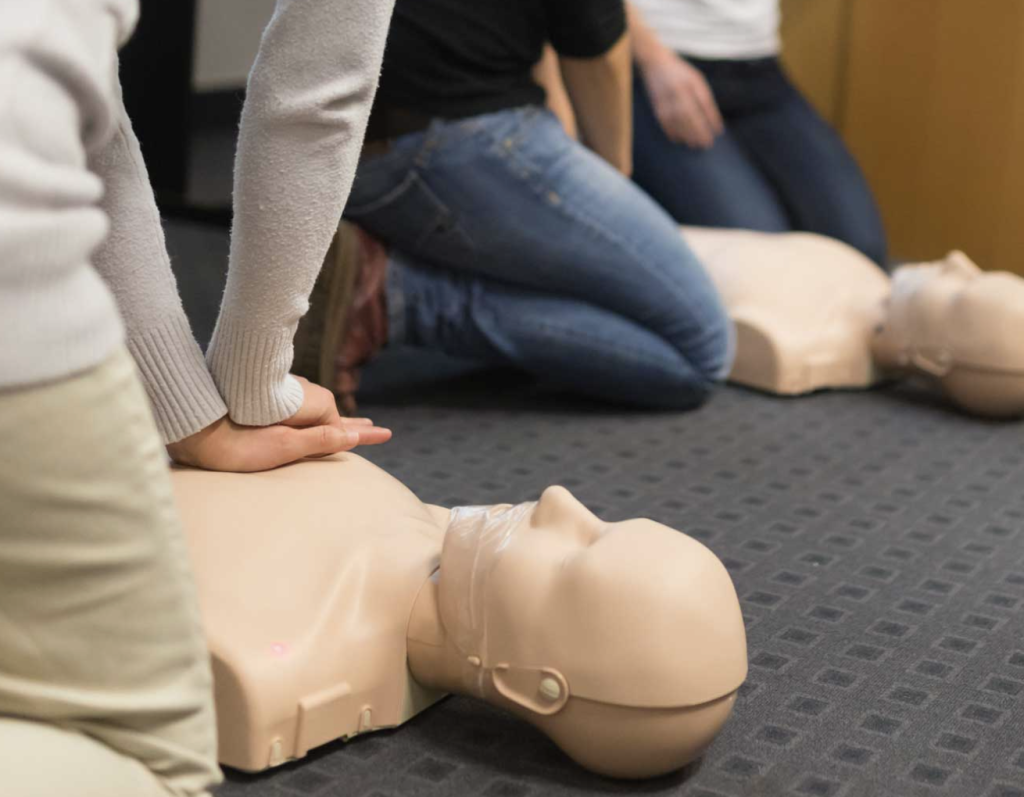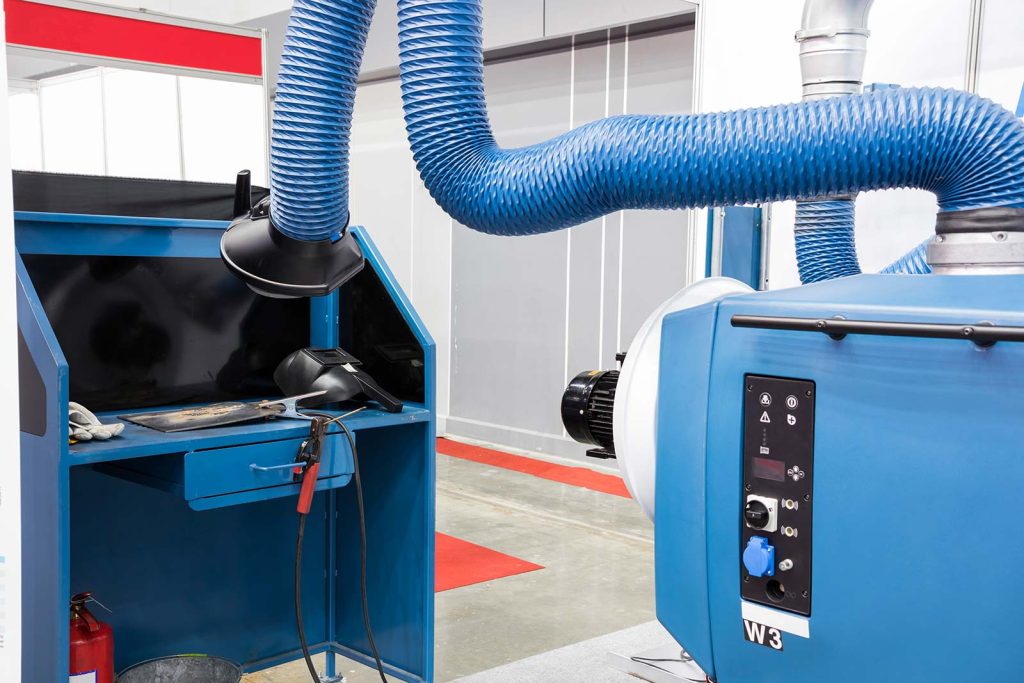Since Covid-19 swept across the globe, and with a clear message from the UK government to wash and sanitise hands, you are probably all carrying hand sanitiser in your bags or pockets as standard. But as an employer did you know that meant you would need to do a risk assessment for hand sanitiser as even in its diluted form, ethanol is still flammable? This is especially important if your employees are carrying sanitiser around machinery, which makes manufacturers extremely vulnerable and leaves you subject to DSEAR regulations.
Alternatively, if you are a new company who has embarked on a venture to sell PPE and hand sanitising products to keep up with the increased demand, you should have a DSEAR (Dangerous Substances and Explosive Atmosphere Regulations) risk assessment to make sure that you are complying with the 2002 DSEAR regulations act.
And it’s not just raw materials that are flammable, depending on the formulation of your products and which ingredients you use, storage of your final product also needs to be assessed for DSEAR compliance.
Importantly, any work carried out for DSEAR, including ventilation assessment will count towards your fire prevention. Because its a legal requirement to conduct and regularly review fire risk assessments of your premises, including identification of fire hazards and those at risk, you will also need to evaluate, eliminate or mitigate the risks, record findings, produce an emergency plan and provide training; all of which needs to be done on a regular basis so it’s good practice to start taking action with DSEAR and Fire Risk Assessments asap.
Action prevents reaction
- Identify sources where flammable vapours exist. These could be material transfers, spills, leaks from valves etc
- Follow European standards dictated by IEC 60079-10-1
- Identify potential ignition sources – BS EN 1127-1 advises on 13 possible ignition sources, although if you are a small scale production, some of the list won’t apply
- How big is the risk? Identify areas of the workplace where explosive atmospheres may occur and avoid ignition sources
- Ensure your employees are properly informed about and trained to control or deal with the risks from dangerous substances
- Outsource your DSEAR assessment and control to ensure compliance


